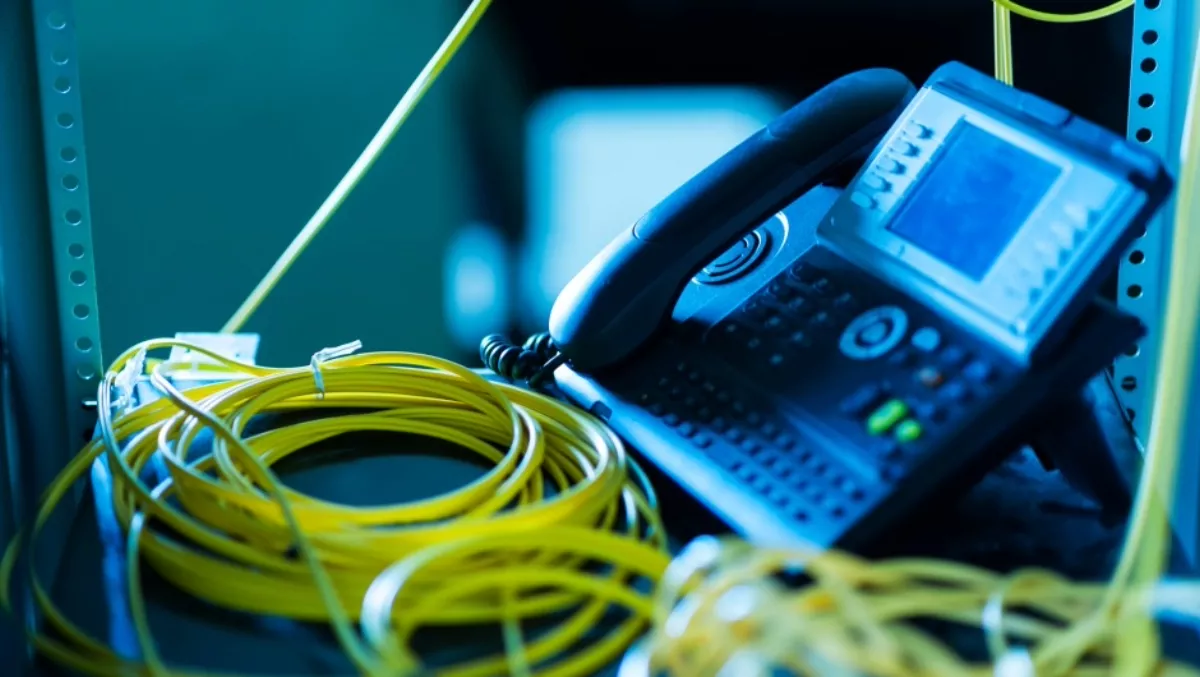Many small businesses are implementing new technology to improve efficiency and productivity in the office, while also cutting costs. One of these technologies is VoIP (Voice over Internet Protocol), something many small business may not know much about.
That's according to MyBusinesVoIP, who says the technology is continuing to evolve and the quality certainly improving.
VoIP started in 1974 via the ARPANET network, which was the foundation for the internet.
"You have probably used VoIP but not know much about it, or maybe you don't even know you have used it, perhaps something like Skype," the company says in a statement. "Put simply, voice is transmitted across the internet as data.
Moving to a VoIP-based phone system doesn't have to be tricky, MyBusinessVoIP says. The company has outlined how small businesses can move to VoIP, and the benefits of doing so.
- There is no need to change from your existing business numbers, these can be retained to reduce the stress of moving to a new system. If you are starting up and need telephone numbers, your provider can allocate these numbers, these can be done as blocks of numbers, so you can have a sequence, easier to remember that way.
- You don't have to get rid of your existing telephone equipment; there are adapters which mimic the existing PSTN lines and still give you all the benefits of VoIP.
- Should you decide to replace your old equipment, it is not expensive to do so, as VoIP requires a lot less infrastructure and will use existing data lines, if they have your required bandwidth.
- If you also decide to go with a Hosted PBX solution, then the setup cost is reduced even more. When you move office, it is a lot simpler, particularly if you use Hosted PBX, as there is no need to move equipment or change phone numbers. You simply disconnect your IP telephones and reconnect them at the new location. No connection fees either.
- If you still have to rely on fax for your business and think you can't switch because of that, fax is also possible with VoIP, it is called FoIP. With FoIP a 'fax to email' service can convert documents to PDF files and email them to the recipient.
- There are many features which came at a cost with the PSTN system; call forwarding, conference calls and others, but many of these features can be standard in a monthly subscription without additional charges. It is worth comparing plans to see how many 'freebies' such as voicemail are included. Don't forget 'long distance' doesn't exist with VoIP, however if calls are made to standard phones internationally they will be more expensive but still cheaper than ISD.
- Unified Communications (UC) is a definite possibility with VoIP, even for a small business, so conferences, screen sharing and online collaboration are now available.
- With VoIP you can join the big league, with a standard number which will reach you whether you are in the office or on the road, no more mobile number only which always seems to indicate 'small business – one-man band'. One number for you and your clients to remember.
"As VoIP and Hosted PBX is readily available and affordable to a small to medium business and provides so much more flexibility and features, its popularity is increasing and will continue to do so into the future," MyBusinessVoIP says.



